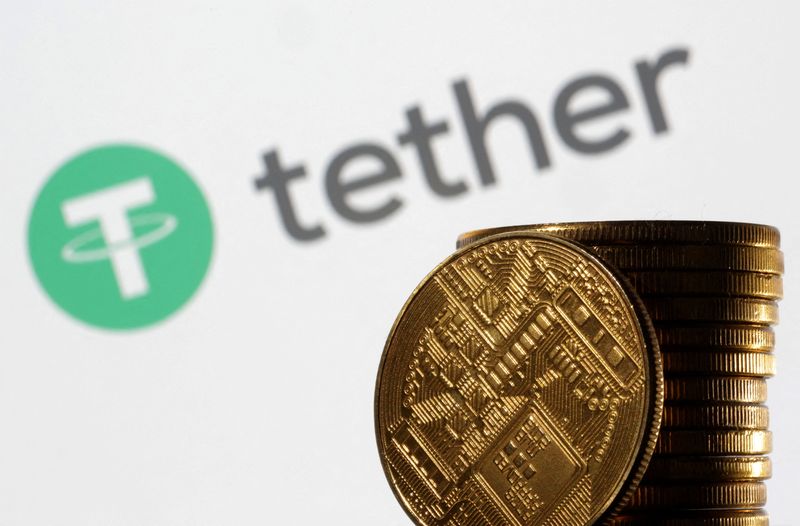Tether Completes Its First Crude Oil Transaction in the Middle East
Tether, one of the leading companies in the digital asset industry, announced that it has financed an oil transaction in the Middle East through its investment division.
Completed in October 2024, this transaction was carried out between a publicly traded supermajor oil company and a high-level commodity trader. Aiming to load and transport 670,000 barrels of Middle Eastern crude oil, this deal is valued at approximately $45 million. This step marks Tether Investments' first crude oil transaction in the region and highlights the company's expanding role in global commodity trading.
Tether Trade Finance is rapidly growing in the commercial finance sector.
Launched earlier this year, Tether Trade Finance is scaling quickly to support the $10 trillion commercial finance sector. The company is focused on modernizing global trade flows and providing accessible capital solutions. This new venture is part of Tether Investments and is being conducted independently from Tether’s stablecoin reserves. The company's high profitability is also confirmed in its financial report for the third quarter of 2024. Tether aims to enhance efficiency in trade flows through USDT and lead positive changes in the commercial finance industry.
USDT is reducing costs in trade finance.
The financing Tether provided for this significant crude oil transaction underscores its commitment to reshaping the trade finance space. CEO Paolo Ardoino stated that they bring efficiency and speed to markets that historically relied on slower and more costly payment structures. This transaction marks the first step toward supporting a broader range of commodities and industries, promoting greater inclusivity and innovation in global finance while paving the way for new credit opportunities across various sectors.
Leveraging the transparency offered by blockchain networks, the company promotes the use of USDT in trade finance transactions, benefiting from top-level compliance and AML standards. This provides clear advantages like lower costs and shorter payment terms compared to traditional borrowing methods. Accredited institutions seeking greater flexibility and efficiency in the actual sector are encouraged to reach out to explore these opportunities.


